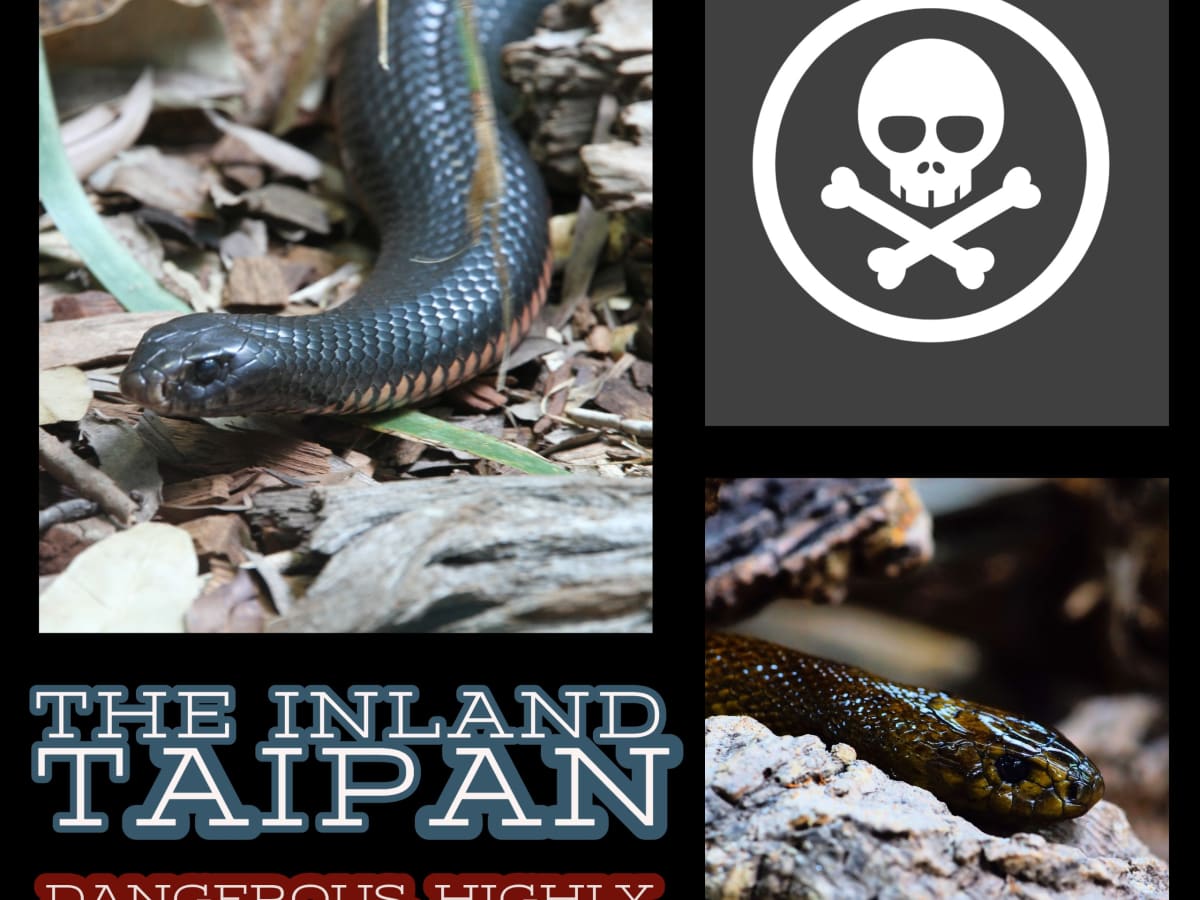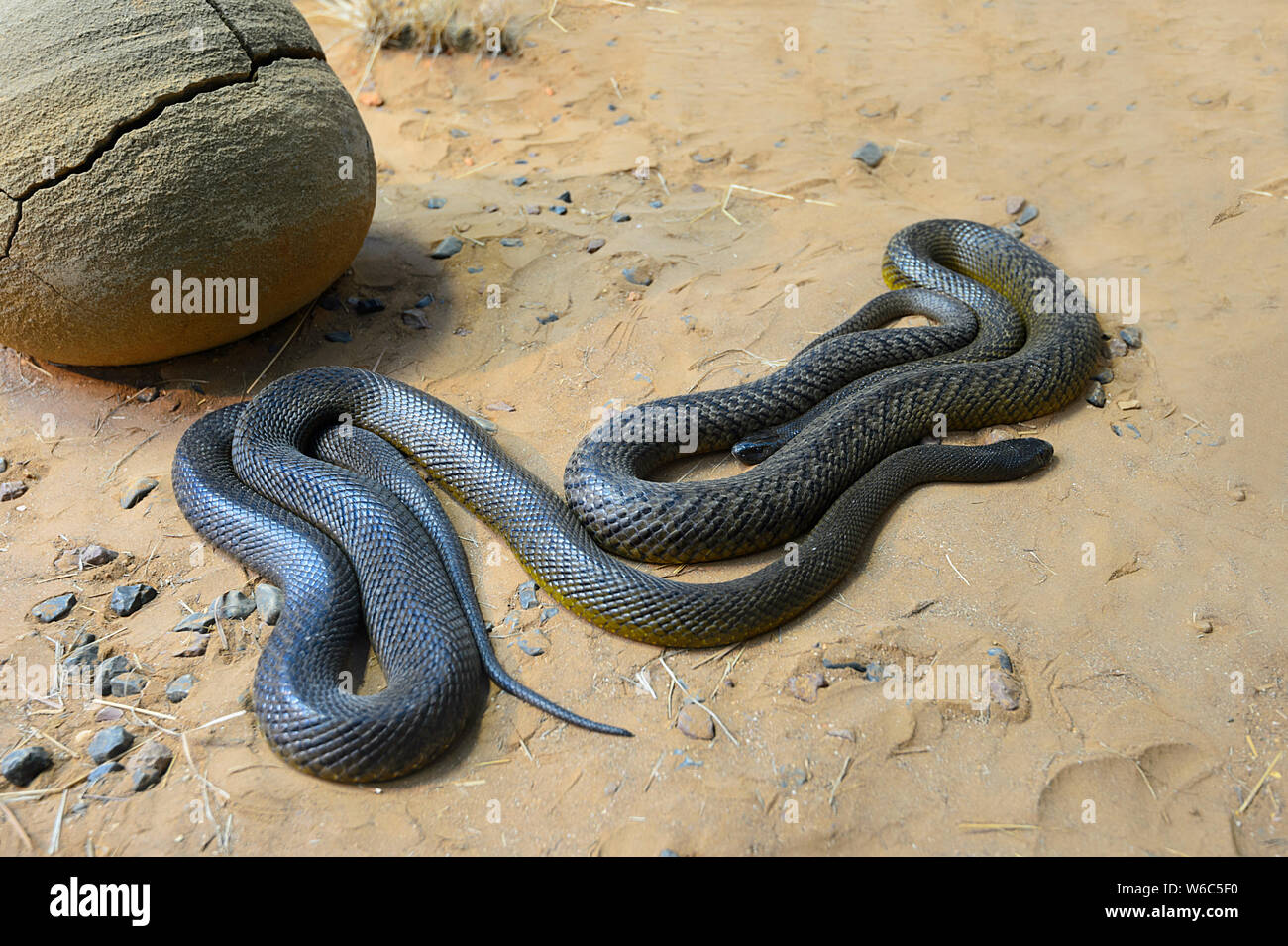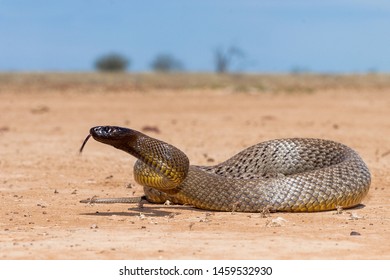A game based on the China trade of the 1800s. C lick refresh to play again. P lease consider donating $1.00 to sponsor further development and to keep this game online and free. Y ou'll feel good, and $1.00 is much cheaper than the original. P lus, if you do, I'll give you the secret link to the negative interest version! Lus, if you do, I'll give you the. Taipan definition is - a powerful businessman and especially formerly a foreigner living and operating in Hong Kong or China. Taipan Bakery is a Chinese bakery chain that serves New York Manhattan Chinatown and Queens Flushing area. We focus on single-serving pastries: small tarts, slices of Swiss roll cake, and buns with fillings like red bean, roast pork, taro, cream, salted egg yolk, and beyond.
English[edit]
Pronunciation[edit]
- (UK)IPA(key): /ˈtʌɪpan/
Etymology 1[edit]
From Cantonese大班(daai6 baan1, “big shot, rich businessman”), originally as taepan.[1] Related to tycoon, from Japanese大君(taikun) – the first half of both comes from the Chinese root 大(“big, great”).
Alternative forms[edit]
- taepan(historical)
- typan(historical)
Noun[edit]
taipan (pluraltaipans)

- A foreignbusinessman in China; a tycoon. [from 19th c.]
- 1922, W. Somerset Maugham, 'The Taipan':
- Of course it was very sad, but the taipan could hardly help a smile when he thought how many of these young fellows he had drunk underground.
- 1977, John Le Carré, The Honourable Schoolboy, Folio Society 2010, p. 438:
- The British taipans stood in one sodden circle with their womenfolk, like bored officers at a garrison get-together.
- 1922, W. Somerset Maugham, 'The Taipan':
Usage notes[edit]
Relatively narrow usage, and somewhat dated (early/mid 20th century); primarily known outside of China due to use in fiction set in Hong Kong, notably The Taipan (1922) by Somerset Maugham and Tai-Pan (1966) by James Clavell. Even in Hong Kong, the more globally widespread (and distantly related) tycoon is more common today.
Related terms[edit]
Taipan Game
Etymology 2[edit]
From the name of the Thaypan tribe of Aboriginal people of central Cape York Peninsula, Queensland, Australia, or from Wik-Mungkantay-pan[2] (or dhayban[3]).
Noun[edit]
taipan (pluraltaipans)
- Any venomouselapidsnake of the genus Oxyuranus, found in Australia and New Guinea. [from 20th c.]
Derived terms[edit]
Translations[edit]
|
|
References[edit]
- ^ “taipan”, in John A. Simpson and Edward S. C. Weiner, editors, The Oxford English Dictionary, 2nd edition, Oxford: Clarendon Press, 1989, →ISBN.
- ^ 'taipan' in The Random House Dictionary of the English Language, Second Edition Unabridged, New York: Random House, Inc, 1987.
- ^ 'taipan' in Joan Hughes, editor, Australian Words and Their Origins, p. 570. Melbourne: Oxford University Press, 1989.
Anagrams[edit]
- Aptian, patina, pinata, piñata
Indonesian[edit]
Etymology[edit]


From Cantonese大班 (daai6 baan1, “big shot, rich businessman”).
Pronunciation[edit]
- IPA(key): [ˈt̪ai̯pan]
- Hyphenation: tai‧pan
Noun[edit]
taipan (pluraltaipan-taipan, first-person possessivetaipanku, second-person possessivetaipanmu, third-person possessivetaipannya)
- taipan, tycoon: A wealthy and powerfulbusiness person.
- Synonyms:konglomerat, taiko
Www.taipantrading.com
Further reading[edit]
- “taipan” in Kamus Besar Bahasa Indonesia (KBBI) Daring, Jakarta: Badan Pengembangan dan Pembinaan Bahasa, Kementerian Pendidikan dan Kebudayaan Republik Indonesia, 2016.
Where Is Taipan Located
Portuguese[edit]
Noun[edit]
taipanf (pluraltaipans)
- taipan(venomous snake of the genus Oxyuranus)
A tai-pan (Chinese: ; Sidney Lau: daai6baan1,[1] literally 'top class'[2]) is a senior business executive or entrepreneur operating in China or Hong Kong.
History[edit]

In the nineteenth and early twentieth centuries, tai-pans were foreign-born businessmen who headed large Hong trading houses such as Jardine, Matheson & Co., Swire and Dent & Co. amongst others.
The first recorded use of the term in English is in the Canton Register of 28October 1834.[3] Historical variant spellings include taepan (first appearance), typan, and taipan.[3]
In popular culture[edit]
The term gained wide currency outside China after the publication of Somerset Maugham's 1922 short story 'The Taipan' and James Clavell's 1966 novel Tai-Pan.
The term was used to describe the protagonist's family in Empire of the Sun.
Taipans[edit]

- William Jardine,[4]Jardine Matheson (1843–1845), Hong Kong
- James Matheson, Jardine Matheson (1796–1878), Hong Kong
- Lawrence Kadoorie,[5]China Light and Power (1899-1993), Hong Kong
- Alasdair Morrison,[6]Jardine Matheson (1994-2000), Hong Kong
- Simon Murray,[7]Hutchison Whampoa (1984-1994), Hong Kong
- Percy Weatherall (born 1957), Jardine Matheson, Hong Kong
- William Keswick (1834–1912), Scotland
- Merlin Bingham Swire (born 1973), England
- Douglas Lapraik (1818–1869), England
- John Johnstone Paterson (1886-1971), Jardine Matheson, Hong Kong
- John Charles Bois (1848-1918), Butterfield & Swire, Shanghai
See also[edit]
- Canton System, the single-port trading monopoly operative in China prior to the First Opium War.
References[edit]
Taipan Snake Pictures
- ^Andrew J. Moody, 'Transmission Languages and Source Languages of Chinese Borrowings in English', American Speech, Vol. 71, No. 4 (Winter, 1996), pp. 414-415.
- ^汉英词典 — A Chinese-English Dictionary 1988 新华书店北京发行所发行 (Beijing Xinhua Bookshop).
- ^ abOxford English Dictionary (2nd edn, 1989).
- ^Nicholas D. Kristof (June 21, 1987). 'Jardine Matheson's Heir-Elect: Brian M. Powers; An Asian Trading Empire Picks an American 'Tai-pan''. The New York Times.
... William Jardine, the first tai-pan, a shrewd Scotsman ...
- ^'Lawrence Kadoorie, 94, Is Dead; A Leader in Hong Kong'g (sic) Growth'. The New York Times. August 26, 1993.
- ^'The Taipan and the dragon'. The Economist. April 8, 1995. Archived from the original on June 11, 2014.
- ^Rone Tempest and Christine Courtney (April 12, 1994). 'Hong Kong's New Business Dynasties : The great British trading houses rush to hire more Chinese executives, shed their colonial veneer before Beijing takes over in '97'. Los Angeles Times.
Simon Murray was one of the last British 'taipans.'
Taipantrading.com
